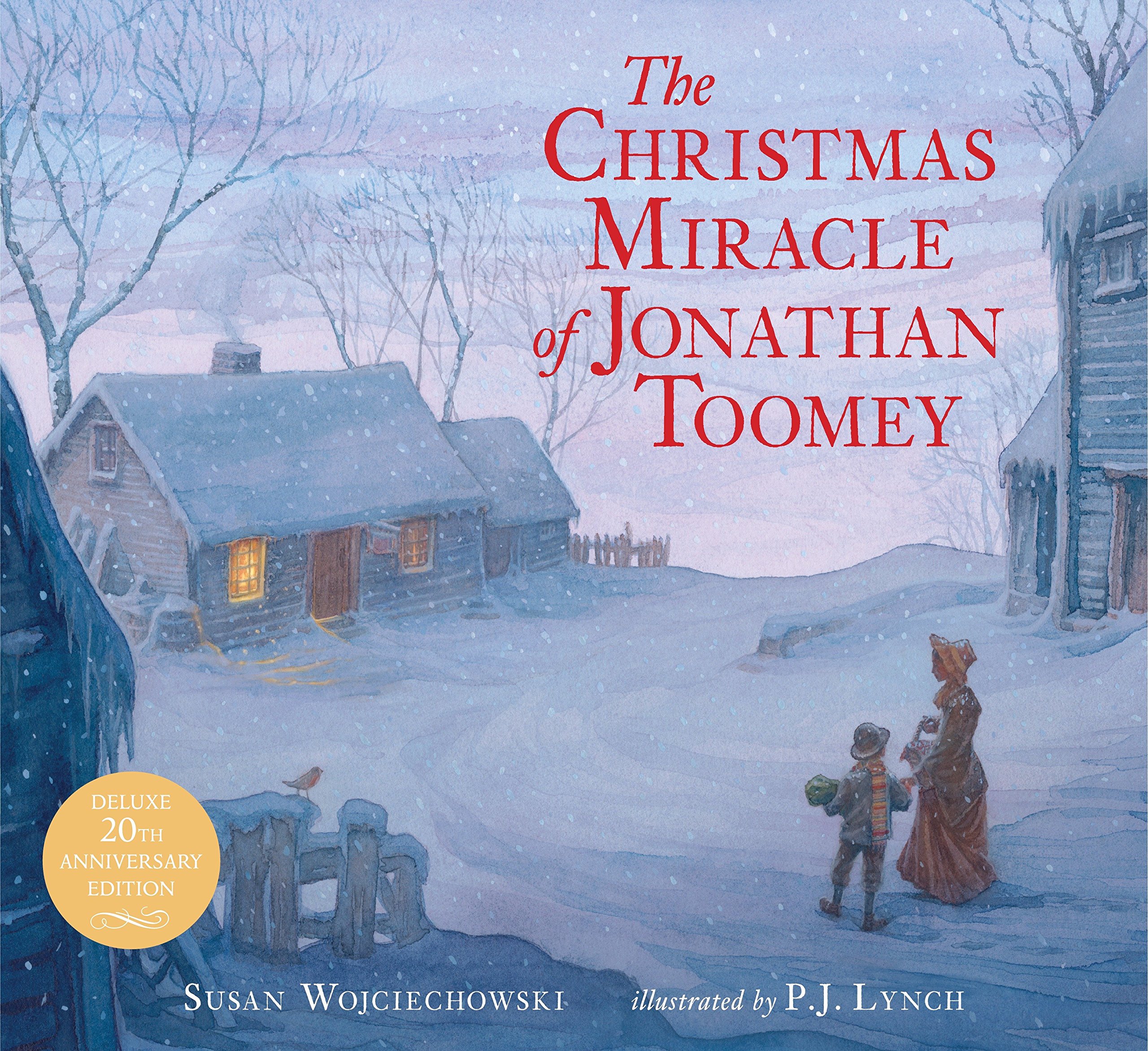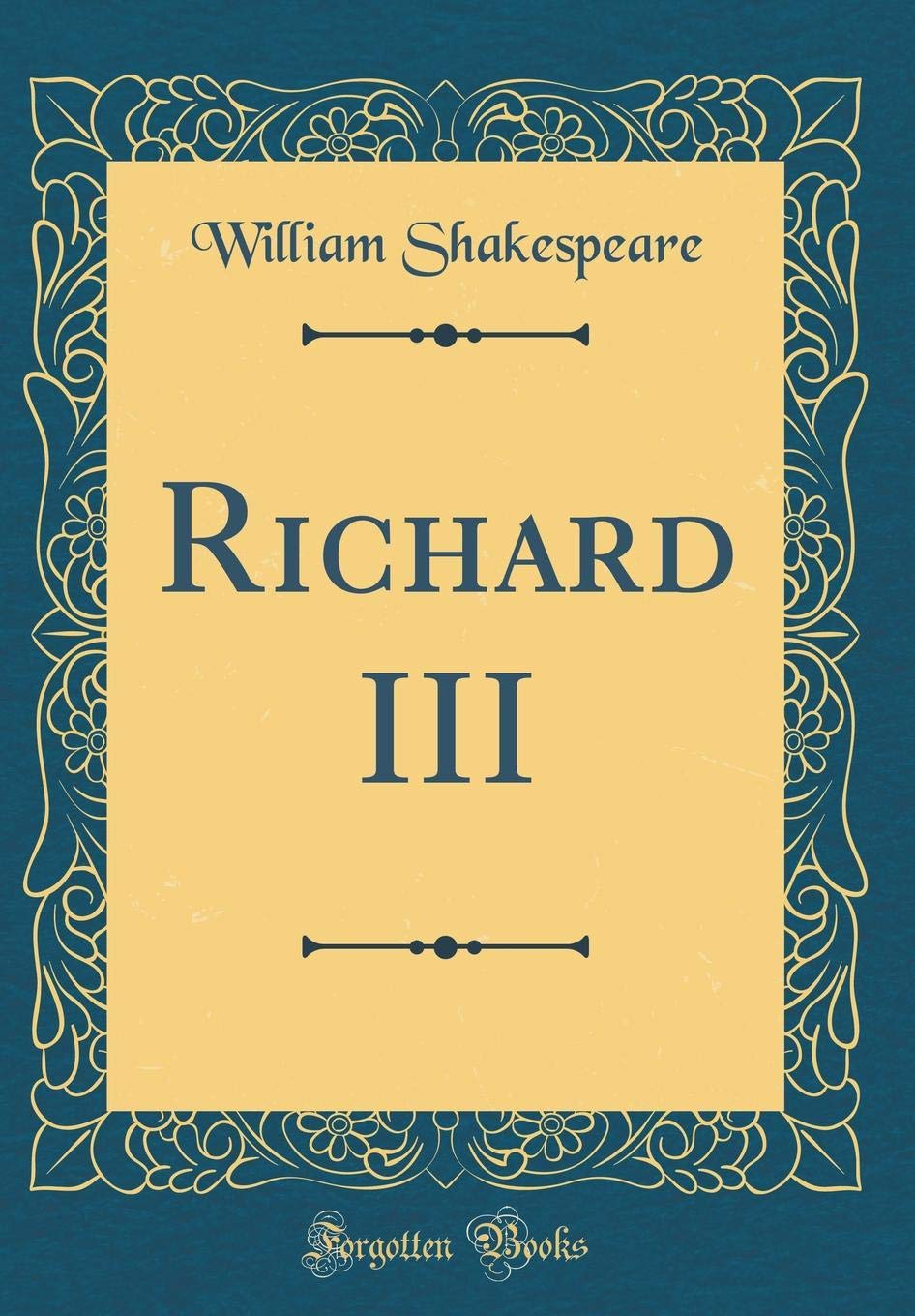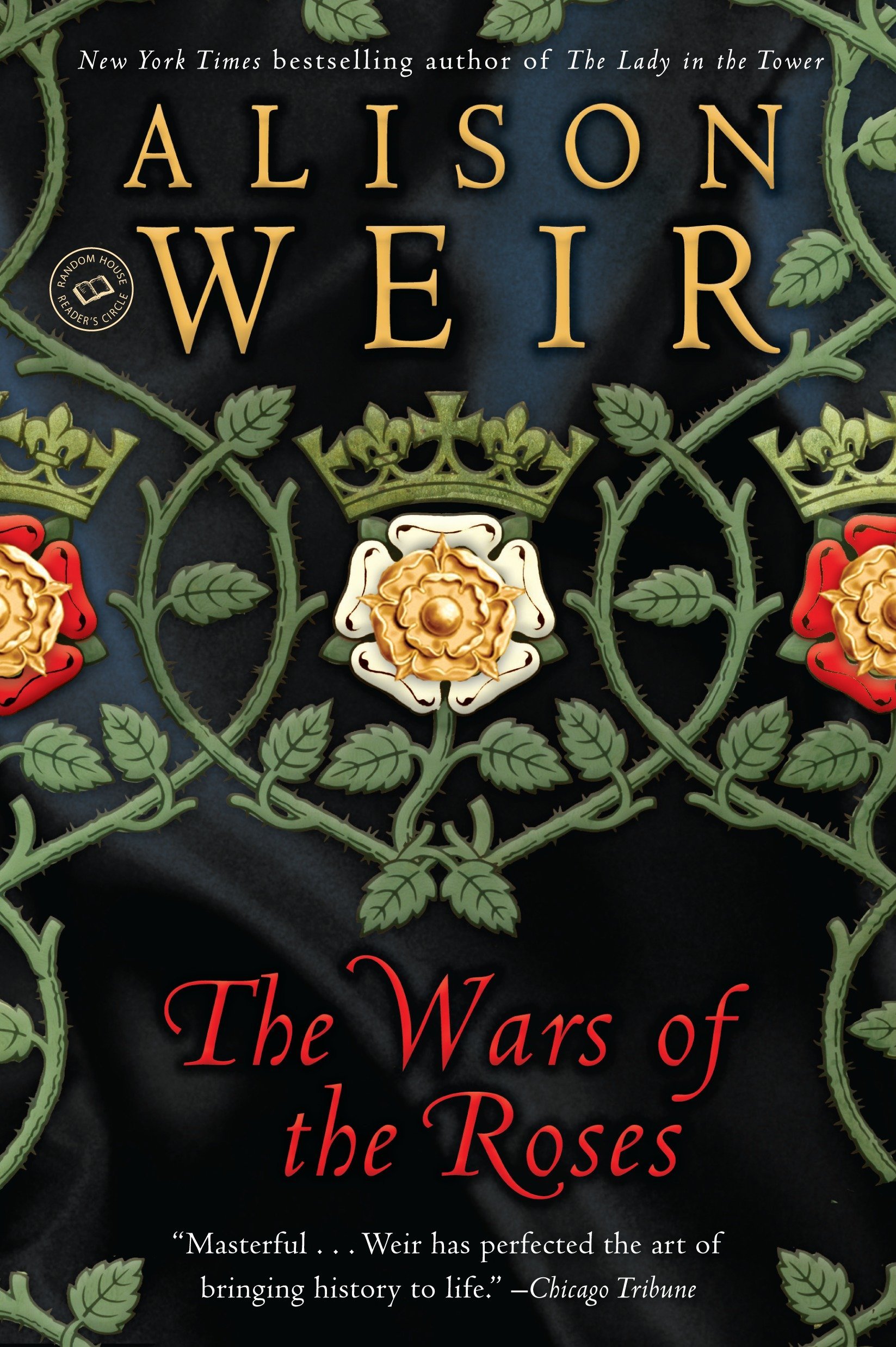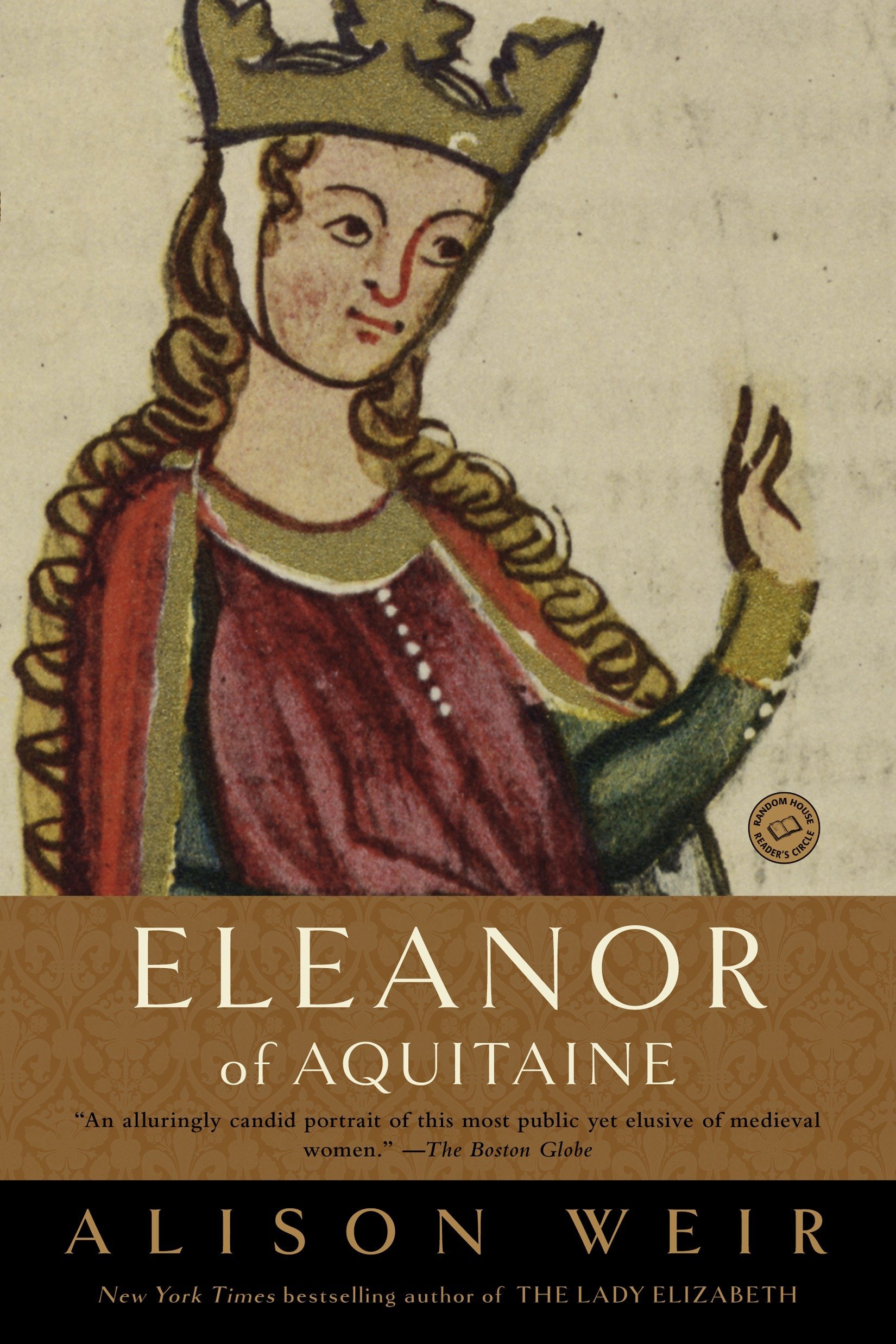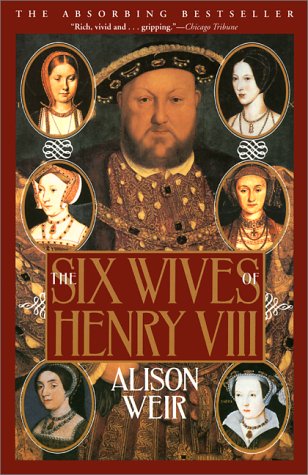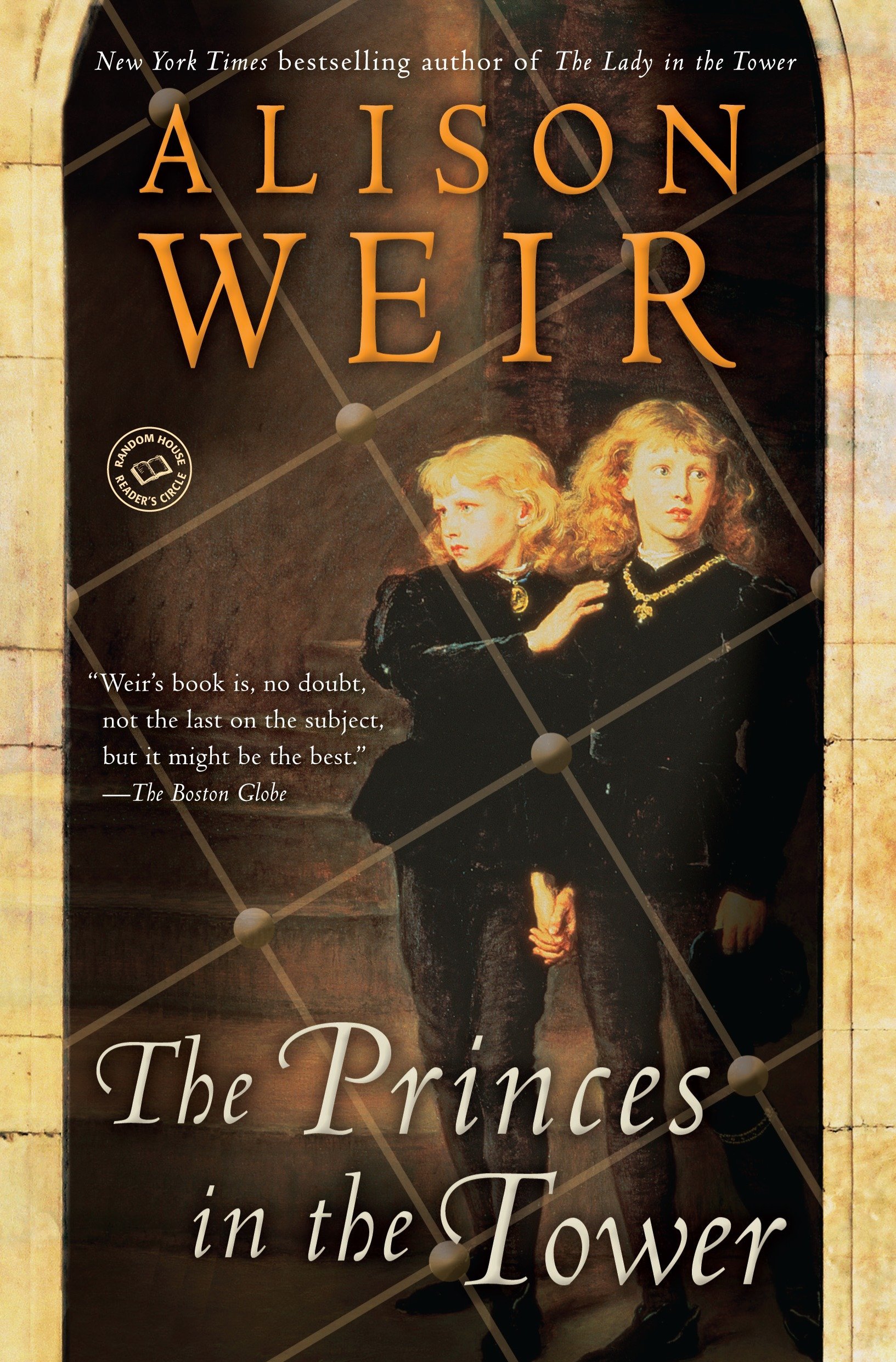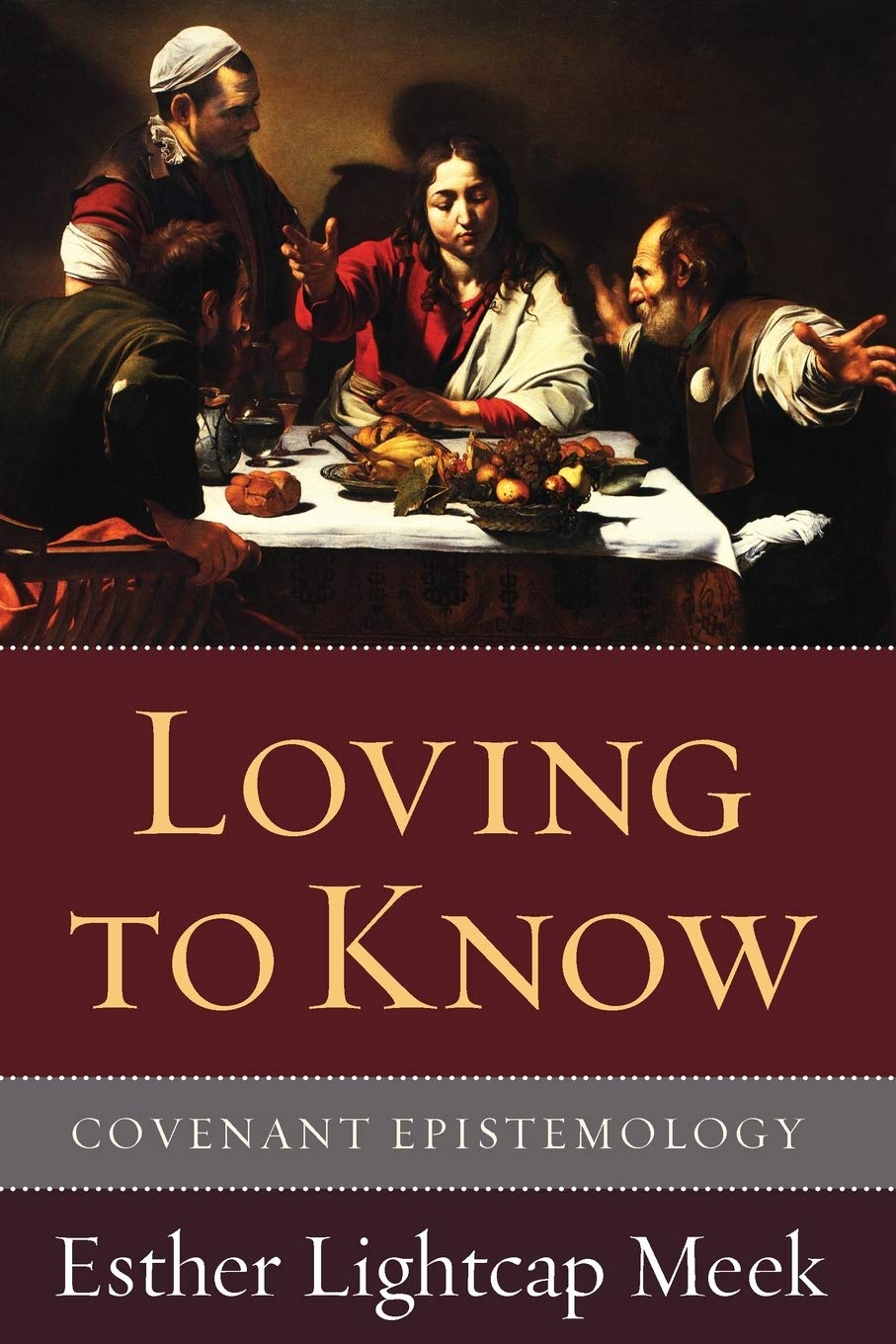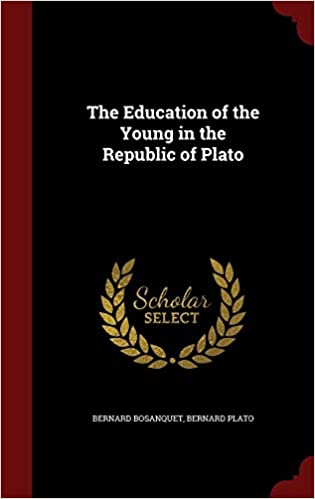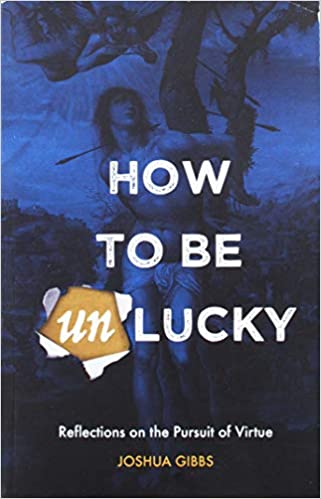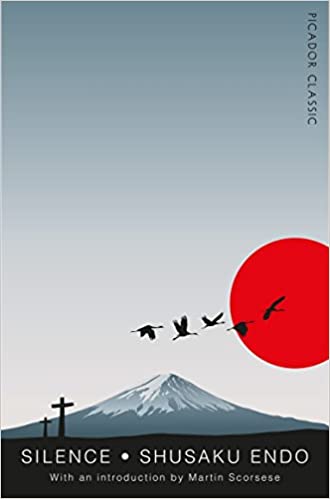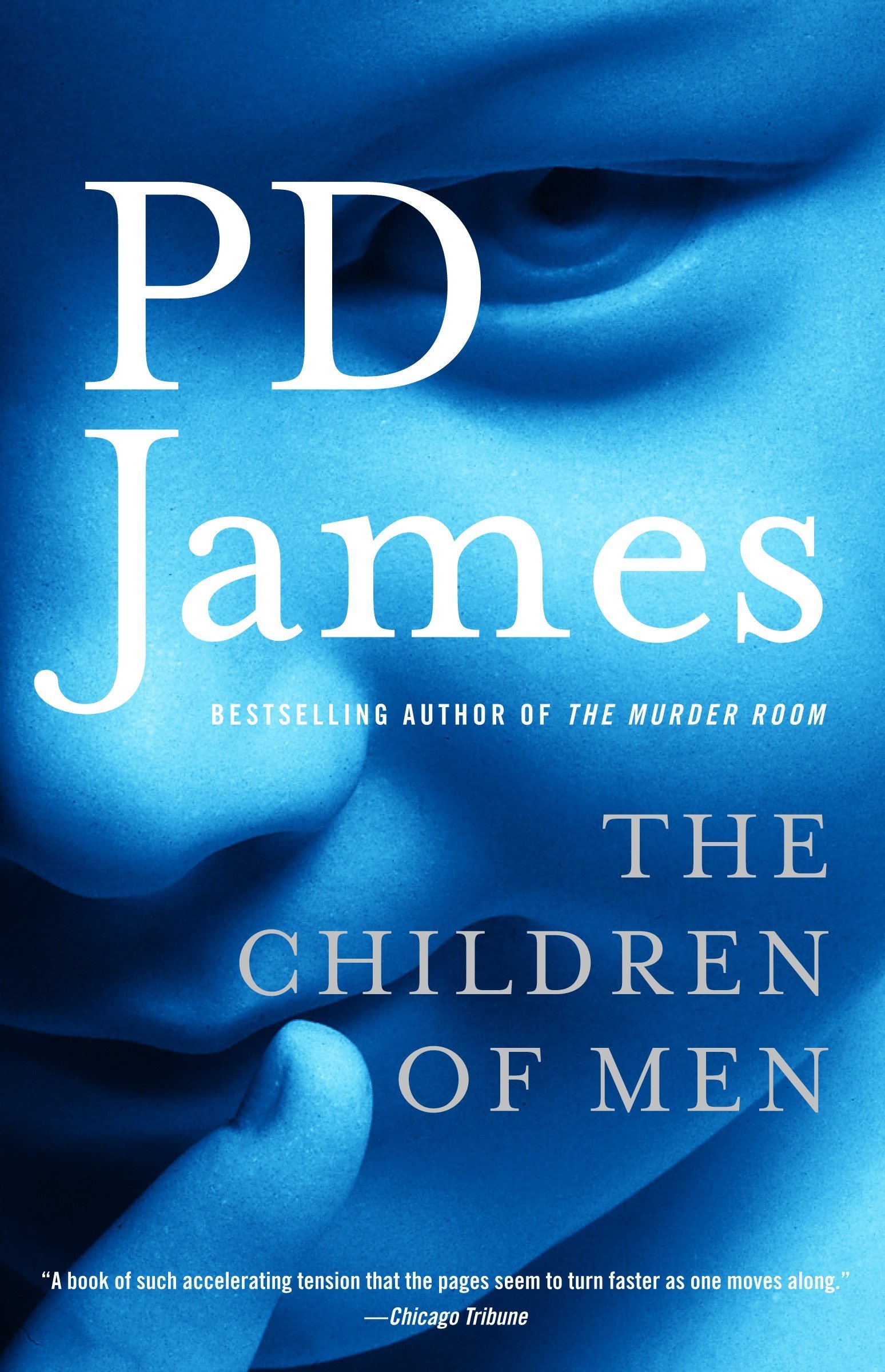The Christmas Miracle of Jonathan Toomey
Jonathan Toomey is the best woodcarver in the valley, but he is always alone and never smiles. No one knows about the mementos of his lost wife and child that he keeps in an unopened drawer. But one early winter’s day, a widow and her young son approach him with a gentle request that leads to a joyful miracle. The moving, lyrical tale, gloriously illustrated by P.J. Lynch, has been widely hailed as a true Christmas classic. This beautiful anniversary edition includes a new note from the author and an audio narration by James Earl Jones available as a complimentary download.
More info →Richard III
Excerpt from Richard III
He slyly stole away, and left his men Whereat the great Lord of Northumberland, Whose warlike ears could never brook retreat, Cheer'd up the drooping army; and himself, Lord Clifford, and Lord Stafford, all a-breast, Charg'd our main battle's front, and, breaking in, Were by the swords of common soldiers slain.
About the Publisher
Forgotten Books publishes hundreds of thousands of rare and classic books. Find more at www.forgottenbooks.com
This book is a reproduction of an important historical work. Forgotten Books uses state-of-the-art technology to digitally reconstruct the work, preserving the original format whilst repairing imperfections present in the aged copy. In rare cases, an imperfection in the original, such as a blemish or missing page, may be replicated in our edition. We do, however, repair the vast majority of imperfections successfully; any imperfections that remain are intentionally left to preserve the state of such historical works.
More info →The Wars of the Roses
For much of the fifteenth century, these two families were locked in battle for control of the English throne. Kings were murdered and deposed. Armies marched on London. Old noble names were ruined while rising dynasties seized power and lands. The war between the royal houses of Lancaster and York, the most complex in English history, profoundly altered the course of the monarchy. Alison Weir, one of the foremost authorities on British history, brings brilliantly to life both the war itself and the larger-than-life figures who fought it on the great stage of England. The Wars of the Roses is history at its very best—swift and compelling, rich in character, pageantry, and drama, and vivid in its re-creation of an astonishing period of history.
More info →Eleanor of Aquitaine
In this beautifully written biography, Alison Weir paints a vibrant portrait of a truly exceptional woman and provides new insights into her intimate world.
Renowned in her time for being the most beautiful woman in Europe, the wife of two kings and mother of three, Eleanor of Aquitaine was one of the great heroines of the Middle Ages. At a time when women were regarded as little more than chattel, Eleanor managed to defy convention as she exercised power in the political sphere and crucial influence over her husbands and sons.
Eleanor of Aquitaine lived a long life of many contrasts, of splendor and desolation, power and peril, and in this stunning narrative, Weir captures the woman—and the queen—in all her glory. With astonishing historic detail, mesmerizing pageantry, and irresistible accounts of royal scandal and intrigue, she recreates not only a remarkable personality but a magnificent past era.
More info →The Six Wives of Henry VIII
The tempestuous, bloody, and splendid reign of Henry VIII of England (1509-1547) is one of the most fascinating in all history, not least for his marriage to six extraordinary women. In this accessible work of brilliant scholarship, Alison Weir draws on early biographies, letters, memoirs, account books, and diplomatic reports to bring these women to life. Catherine of Aragon emerges as a staunch though misguided woman of principle; Anne Boleyn, an ambitious adventuress with a penchant for vengeance; Jane Seymour, a strong-minded matriarch in the making; Anne of Cleves, a good-natured and innocent woman naively unaware of the court intrigues that determined her fate; Catherine Howard, an empty-headed wanton; and Catherine Parr, a warm-blooded bluestocking who survived King Henry to marry a fourth time.
More info →The Princes in the Tower
Despite five centuries of investigation by historians, the sinister deaths of the boy king Edward V and his younger brother Richard, Duke of York, remain two of the most fascinating murder mysteries in English history. Did Richard III really kill “the Princes in the Tower,” as is commonly believed, or was the murderer someone else entirely? Carefully examining every shred of contemporary evidence as well as dozens of modern accounts, Alison Weir reconstructs the entire chain of events leading to the double murder. We are witnesses to the rivalry, ambition, intrigue, and struggle for power that culminated in the imprisonment of the princes and the hushed-up murders that secured Richard’s claim to the throne as Richard III. A masterpiece of historical research and a riveting story of conspiracy and deception, The Princes in the Tower at last provides a solution to this age-old puzzle.
More info →Loving to Know
Knowing is less about information and more about transformation; less about comprehension and more about being apprehended. This radical book develops the notion of covenant epistemology--an innovative, biblically compatible, holistic, embodied, life-shaping epistemological vision in which all knowing takes the shape of interpersonal, covenantal relationship. Rather than knowing in order to love, we love in order to know. Meek argues that all knowing is best understood as transformative encounter. Creatively blending insights from a diverse range of conversation partners--including Michael Polanyi, Michael D. Williams, Lesslie Newbigin, Parker Palmer, John Macmurray, Martin Buber, and James Loder--Meek offers critically needed "epistemological therapy" in response to the pervasive and damaging presumptions that those in Western culture continue to bring to efforts to know. The book's innovative approach--an unfolding journey of discovery-through-dialogue--itself subverts standard epistemological presumptions of timeless linearity. While it offers a sustained and sophisticated philosophical argument, Loving to Know's texts and textures interweave loosely to effect therapeutic epistemic transformation in the reader.
More info →The Education of the Young in the Republic of Plato
This work has been selected by scholars as being culturally important, and is part of the knowledge base of civilization as we know it. This work was reproduced from the original artifact, and remains as true to the original work as possible. Therefore, you will see the original copyright references, library stamps (as most of these works have been housed in our most important libraries around the world), and other notations in the work.
This work is in the public domain in the United States of America, and possibly other nations. Within the United States, you may freely copy and distribute this work, as no entity (individual or corporate) has a copyright on the body of the work.
As a reproduction of a historical artifact, this work may contain missing or blurred pages, poor pictures, errant marks, etc. Scholars believe, and we concur, that this work is important enough to be preserved, reproduced, and made generally available to the public. We appreciate your support of the preservation process, and thank you for being an important part of keeping this knowledge alive and relevant.
More info →How to Be Unlucky
Once upon a time, Joshua Gibbs was a disinterested slacker who, despite attending a classical Christian school, learned little and cared even less for his studies. He was more interested in pop culture than Great Books and performed only the bare minimum to pass. By age 27, however, he began work at a different classical institution, teaching the same literature he merely skimmed as a student. Ten years later, Gibbs has become a popular blogger and frequent speaker at education conferences. In this series of frank reflections on an unlikely career, Gibbs contemplates what it means to be a good teacher, how Great Books can change lives (and how one particular book, The Consolation of Philosophy by Boethius, changed his), and why effective education is primarily concerned with the acquisition of virtue. One part literary guidebook, one part personal memoir, and one part teacher s manual, How to Be Unlucky presents a one-of-a-kind case for ancient ways of thinking about teaching in our contemporary world.
More info →Silence
It is 1640 and Father Sebastian Rodrigues, an idealistic Jesuit priest, sets sail for Japan determined to help the brutally oppressed Christians there. He is also desperate to discover the truth about his former mentor, rumoured to have renounced his faith under torture. Rodrigues cannot believe the stories about a man he so revered, but as his journey takes him deeper into Japan and then into the hands of those who would crush his faith, he finds himself forced to make an impossible choice: whether to abandon his flock or his God.
The recipient of the 1966 Tanizaki Prize, Silence is Shusaku Endo's most highly acclaimed work and has been called one of the twentieth century's finest novels. As empathetic as it is powerful, it is an astonishing exploration of faith and suffering and an award-winning classic.
More info →The Children of Men
Civilization itself is crumbling as suicide and despair become commonplace. Oxford historian Theodore Faron, apathetic toward a future without a future, spends most of his time reminiscing. Then he is approached by Julian, a bright, attractive woman who wants him to help get her an audience with his cousin, the powerful Warden of England. She and her band of unlikely revolutionaries may just awaken his desire to live . . . and they may also hold the key to survival for the human race.
Told with P. D. James’s trademark suspense, insightful characterization, and riveting storytelling, The Children of Men is a story of a world with no children and no future.
More info →
